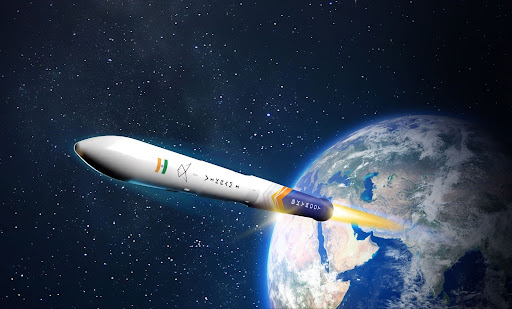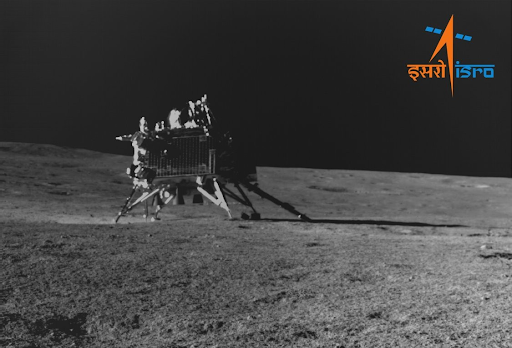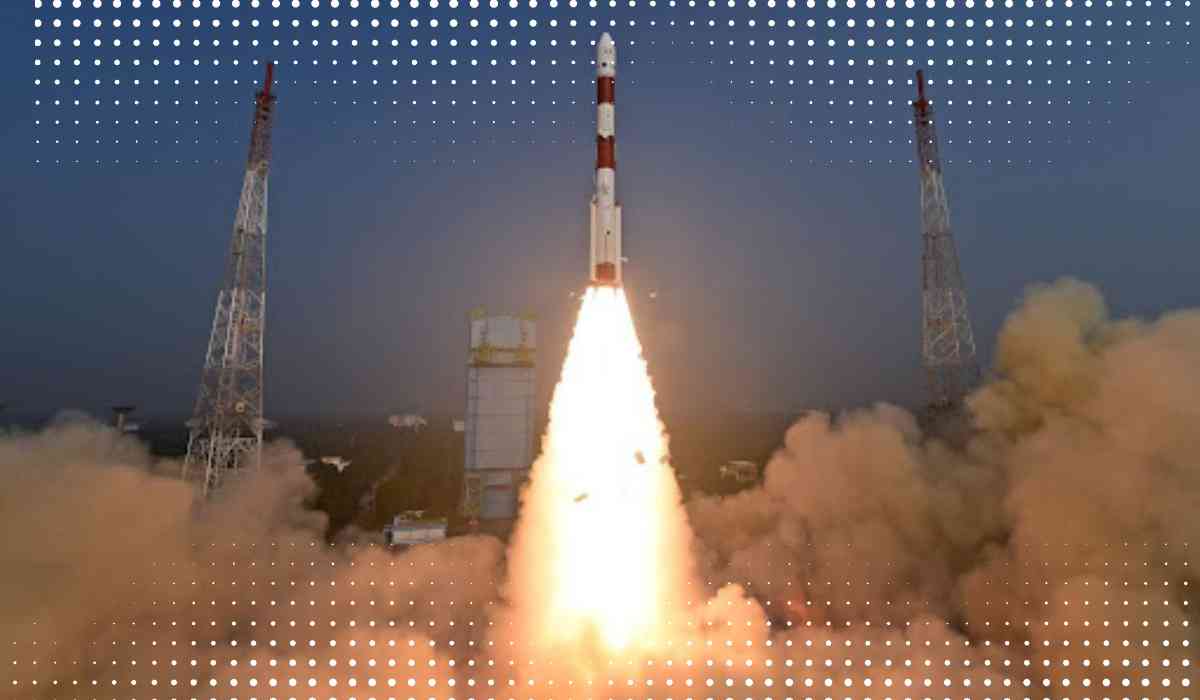To encourage technological innovation in the space sector, the Indian government has decided to create a venture fund worth ₹1,000 crore specifically for space-related startups in the country. The government will also allow 100% FDI in the space sector to boost entrepreneurs' confidence in undertaking new initiatives.
While talking to the media, Union Minister of State (Independent Charge) for Science and Technology Dr. Jitendra Singh revealed that space is one of the four areas of focus for the Modi government in its third term.
He further added that four years ago, the government took a revolutionary step to privatize the space sector which resulted in the creation of a new space-related PSU called New India Space Limited (NISL) as well as IN-SPACe, an independent nodal agency created to facilitate private sector participation. These changes have had positive impact on the space industry as a whole.
Vikram-S: India's first private rocket
With more than 1,30,000 startups as of January 2024, the Indian startup ecosystem currently ranks 3rd in the world. Space-related startups have also grown from single digits to more than 200, with some of them labeled as world-class. To create a $44 billion space industry by 2033, the government is leaving no stone unturned and is willing to reform the laws and regulations to allow young companies access to critical infrastructure and technologies.
For example, India’s first private space rocket Vikram-S was successfully launched in November 2022. It was designed and developed by Skyroot Aerospace, a private aerospace manufacturer that offers launch services to parties looking to launch satellites into Earth’s orbits. The company won the National Startup Award in 2020 and signed a non-disclosure agreement with ISRO in 2021 to use the expertise and facilities at ISRO centers to develop their launch vehicles.

Vikram-S is India’ first private rocket (Photo courtesy: Skyroot Aerospace)
India’s Growing Presence in Space
When India’s premier space agency ISRO came into existence in 1969, NASA had already landed astronauts on the moon. Fast forward to 2024, ISRO has come a long way to establish itself as one of the most distinguished space agencies in the world.
ISRO created headlines in 2014 when it successfully put a spacecraft in the Martian orbit in its first attempt. With this achievement, India became the fourth nation after the United States, Soviet Union/Russia, and European Space Agency (ESA) member states to reach Mars. When the cryogenic upper stage of the GSLV rocket became operational, India became the sixth nation in the world with full launch capabilities.
ISRO added another feather to its cap when India became the first country to successfully land a spacecraft near the moon’s south pole. The Chandrayaan-3 mission made India the fourth country to land a spacecraft on the moon.

Chandrayaan 3 mission’s Vikram lander on moon captured by Pragyan rover (Photo Courtesy: ISRO)
The future ISRO missions include Gaganyaan which will be the country’s first human spaceflight program. On Gaganyaan, Dr. Jitendra Singh told media that the mission is right on track. The final uncrewed test flight with the robot Vyom Mitra could take place before the end of this year or the beginning of next year.
If successful, the crewed space flight with Indian astronauts will take place in 2025. ISRO also plans to launch a space station into Earth’s orbit by 2028-2035 where astronauts can stay for 15-20 days.
With inputs from agencies
Image Source: Multiple agencies
*The views expressed are personal to the author and do not reflect the platform's opinion of the same.
© Copyright 2024. All Rights Reserved Powered by Vygr Media.























